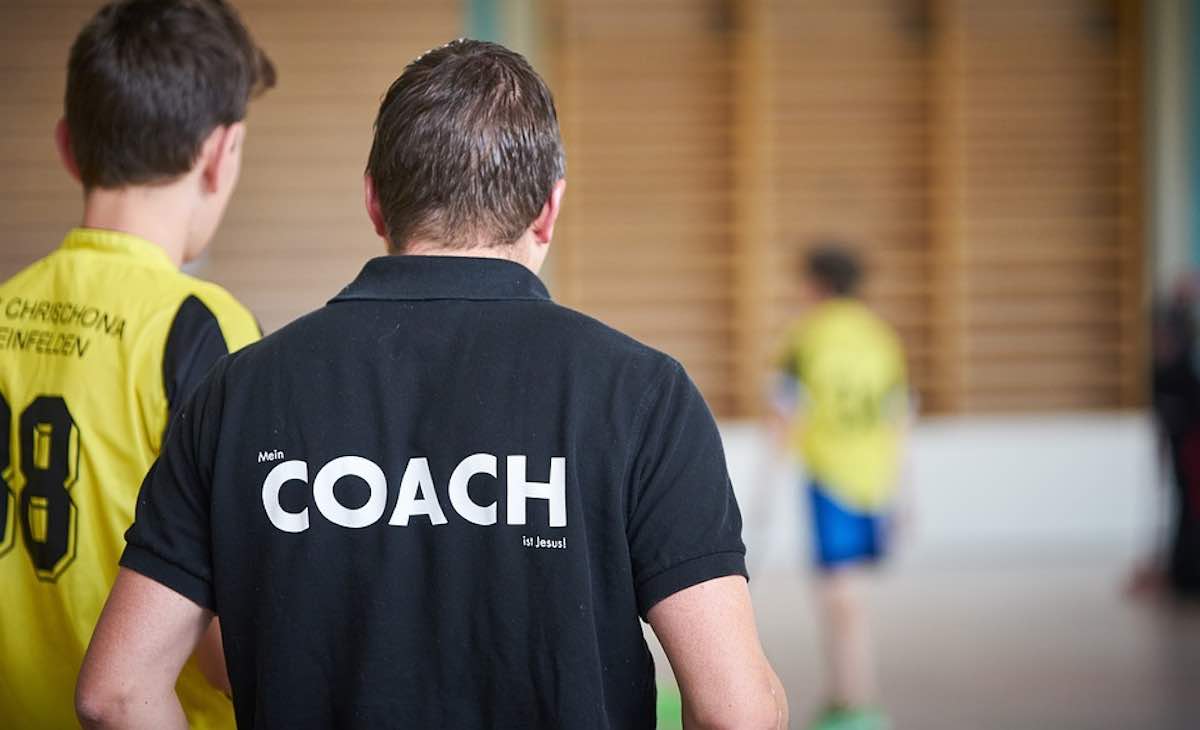When Rodney was seventeen, he checked out of foster care and into a homeless shelter. Every morning he would quickly take a sponge bath in the school bathroom before attending his first class. No one knew of his circumstances and it’s no wonder Rodney had a hard time maintaining even a 1.3 grade point average.
But at the start of his senior year, something changed for Rodney, and it set him on a new trajectory: he met a mentor.
For students like Rodney, there is a disconnect between the preparation students receive and the skills they need to succeed. This is particularly true in low-income communities, where a deficit of successful and fulfilled role-models often exists.
What is the solution? You.
In America, we are abundantly rich in adults with know-how and that know-how is often underutilized. Sure, we have all been in roles where we pass some advice to a younger protégé at work. But what if you could also pass on skills, hope, and knowledge and literally change someone’s life, just as Rodney’s was changed?
RELATED: This Update From Unlikely Friendship in 2016 is a Sweet Reminder that Good Things Last
Steve Jobs, who was a rebel in school before becoming the founder of Apple, told an interviewer, “I know from my own education that if I hadn’t encountered two or three individuals that spent extra time with me, I’m sure I would have been in jail.”
This recent study from the University of Kansas shows that youngsters who are paired with non-familial mentors experience reduced rates of delinquency and dangerous behavior. Past research has also shown positive correlations between mentoring relationships and increased levels of social capital, like self-esteem, education, and employment achievements for adolescents, as well as lower rates of some types of problematic tendencies.
MORE: Hundreds of People Bring Backpacks Instead of Flowers to Woman’s Funeral
Consider what could happen if you told your story to a young person who might never have met a successful adult in your area of expertise. Think about what it would be like if your presence and input helped spur your pupil to innovate or take a previously unimagined path? When you mentor, you bring the outside world and new perspectives to students. After over two decades working directly with youth, I’d say there are four major ways you can make an impact as a mentor:
1. You stimulate curiosity and motivation in students simply by showing up.
2. Anecdotes about your pathway, complete with obstacles overcome, disappointing dead ends and your unique strategies for success often trigger a new inner dialogue for students. You help them to reconsider their own trajectory with the idea that, “If they did this, then I can too.”
3. You enlighten students about how to accomplish a goal. Your willingness to guide them through their own discovery, to assist them in a difficult process, and to inspire them to try something new teaches them to be resourceful, even when it’s hard.
4. Lastly, you introduce students to a new, professional world and what it means to be accountable in your area of expertise. This transformative combination opens a new world of possibility.
Let’s not forget Rodney. With the support of his mentor, Rodney won a high school business plan competition and raised his GPA to a 3.5. Fast-forward several months and Rodney was invited to New York City to compete in a national competition held by the Network for Teaching Entrepreneurship for his business plan about a video production company. He won second prize and $5,000 which he used to fund his first year at Morehouse college. Just a few years later, he graduated from Yale with a Masters in Divinity. Now, he is at Harvard completing his Ph.D. in Education.
WATCH: ‘Misbehaved’ Class Comes Together to Help Cash-Strapped Teacher
In my heart, I believe Rodney’s success stems from his ability to survive and to invite mentorship into his life and seek out role models to emulate. Indeed, Rodney was always willing to work hard, but he needed someone to recognize his abilities, and advise and support him toward new opportunities.
You may be thinking you don’t have what it takes to be a mentor – and I respectfully disagree. No matter what your wheelhouse of knowledge is, you have inspiration and a unique skill set to offer our upcoming generations.
When you are ready to take the next step, you will find that many organizations engage mentors and would welcome your participation. I have created a Mentor’s Resource Guide as a resource for helping you find a place to lend your knowledge and skills. Together we can transform lives, one student at a time. And I believe that in doing so, your mentees will change your life, as well.
Patty Alper is president of the Alper Portfolio Group, a marketing and consulting company, and a board member of both the Network for Teaching Entrepreneurship and US2020, the White House initiative to build mentorship in STEM careers. Patty’s unique approach to entrepreneurial mentorship has been featured by The New York Times, Washington Post, and TIME. Her vision served as the groundwork for the Adopt-a-Class program she founded in 2001. Her new book is called “Teach to Work: How a Mentor, a Mentee, and a Project Can Close the Skills Gap in America”.
Inspire Your Own Friends And Become Mentors Together: Share To Social Media




















